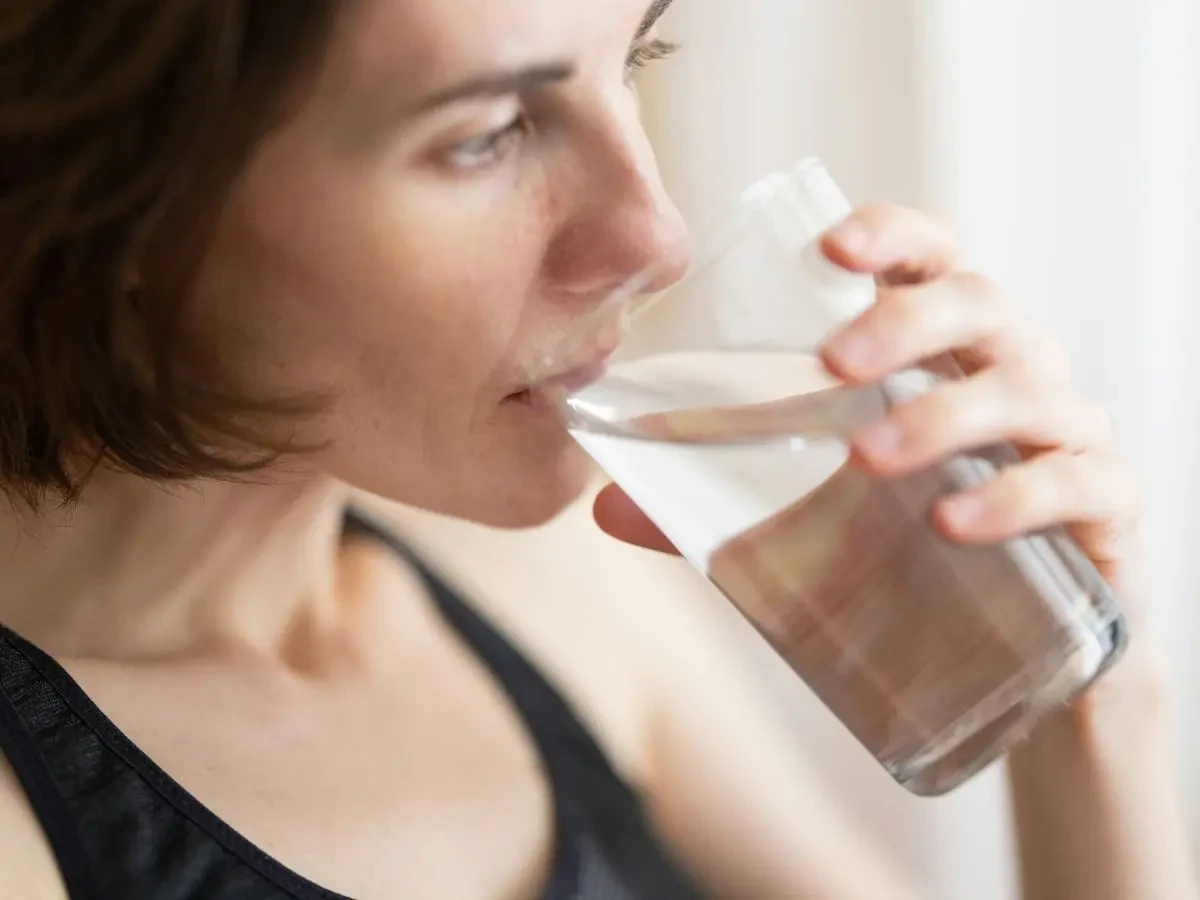Do you often feel tense, restless, or anxious for no apparent reason? A new study suggests that the culprit may be as simple as your water intake.
Researchers have found that dehydration can trigger a surge in cortisol, the body’s primary stress hormone, making you feel stressed even when there’s no immediate threat.
The study that connects stress and hydration
The findings, published in the Journal of Applied Physiology on September 3, 2025, reveal that people who don’t drink enough water experience significantly higher spikes in cortisol during stressful situations. Participants who consumed less than 1.5 litres of fluids daily showed over 50% greater cortisol levels compared to those who were adequately hydrated.
Interestingly, the under-hydrated group did not necessarily feel thirstier, but lab tests revealed darker urine, higher levels of vasopressin (a water-regulating hormone), and exaggerated stress responses. Vasopressin, while essential for conserving water, also stimulates cortisol release, creating a biological stress loop.
What makes this stress dangerous
Cortisol is not inherently bad, it helps the body respond to acute stress. However, when cortisol levels stay chronically elevated, it can increase the risk of heart disease, diabetes, depression, and weakened immunity. The study highlights that hydration plays a direct role in modulating these stress responses.
How much water do you really need?
It is believed one should consume at least 2.5 litres of water daily. Athletes and physically active individuals may need an extra 1-2 litres depending on their activity level. The simplest way to track hydration is by checking urine colour: pale yellow means you’re well-hydrated, while dark yellow signals the need for more fluids.
Another method is multiplying your body weight (in kilograms) by six to estimate daily water needs. However, overdrinking is also not advised, as excess water can flush out vital minerals and vitamins, leading to deficiencies and cravings. Moderation is essential.
Hydration beyond dehydration
This study adds to growing evidence that hydration is about more than preventing dry mouth or fatigue. Adequate water intake also improves cognitive function and mood along with regulating metabolism and inflammation. Proper hydration also reduces risks of cardiovascular and kidney issues.
Even mild dehydration- just 1-2% loss of body water, can impair attention, memory, and mental sharpness.
Tips to stay hydrated and stress-free
Aim for steady sips throughout the day instead of gulping large amounts at once.
Include hydrating foods like cucumber, watermelon, and oranges.
Adjust your intake in hot weather, during exercise, or in stressful situations.
Avoid sugary sodas as hydration substitutes. Herbal teas, soups, and plain water are better options.
So, next time you’re feeling inexplicably wound up, a glass of water might just be the stress reliever you didn’t know you needed.
